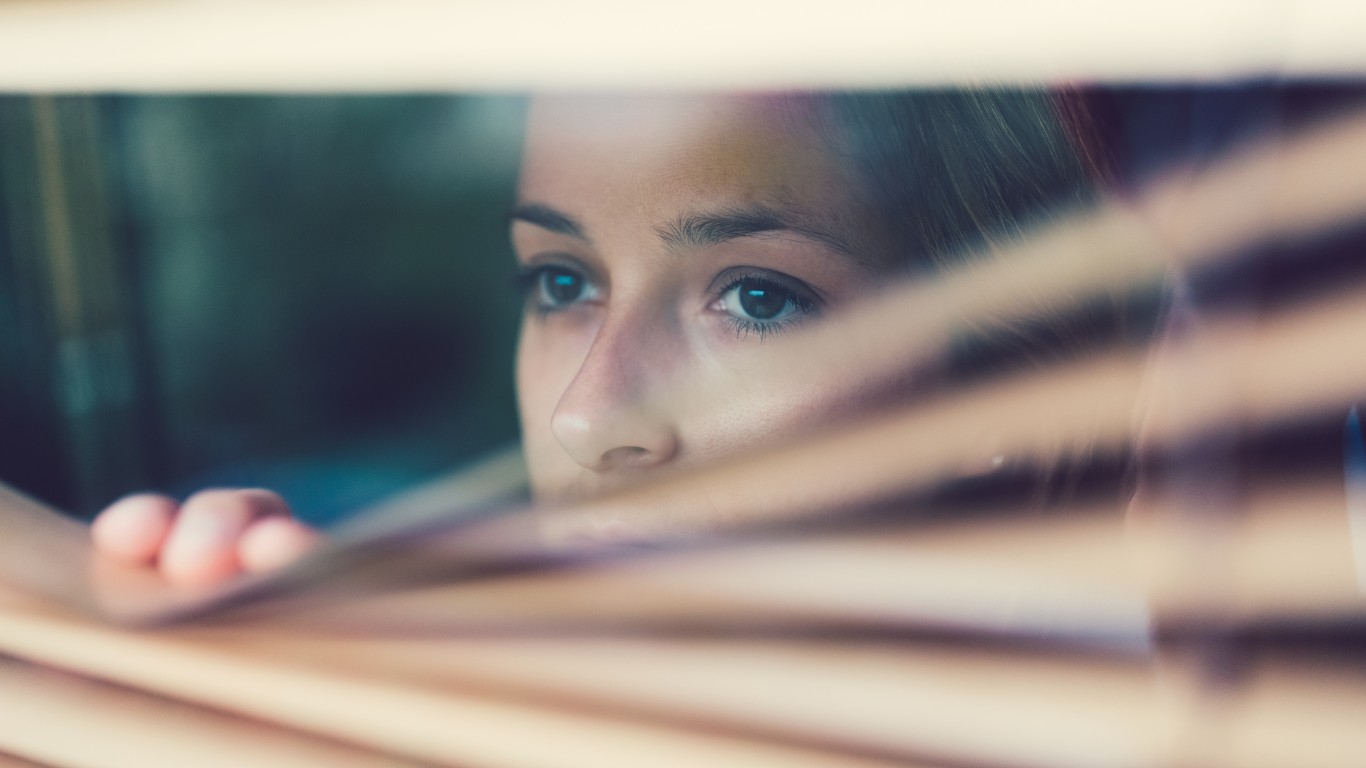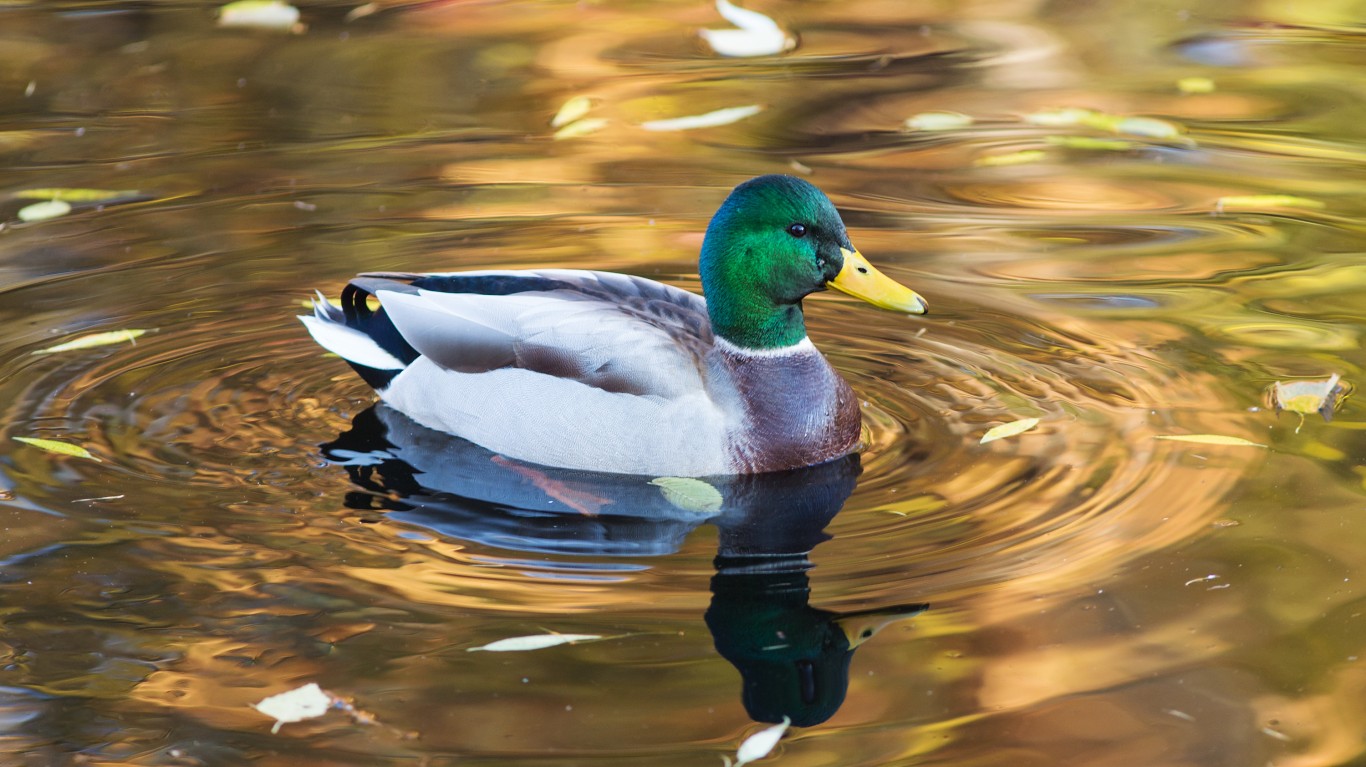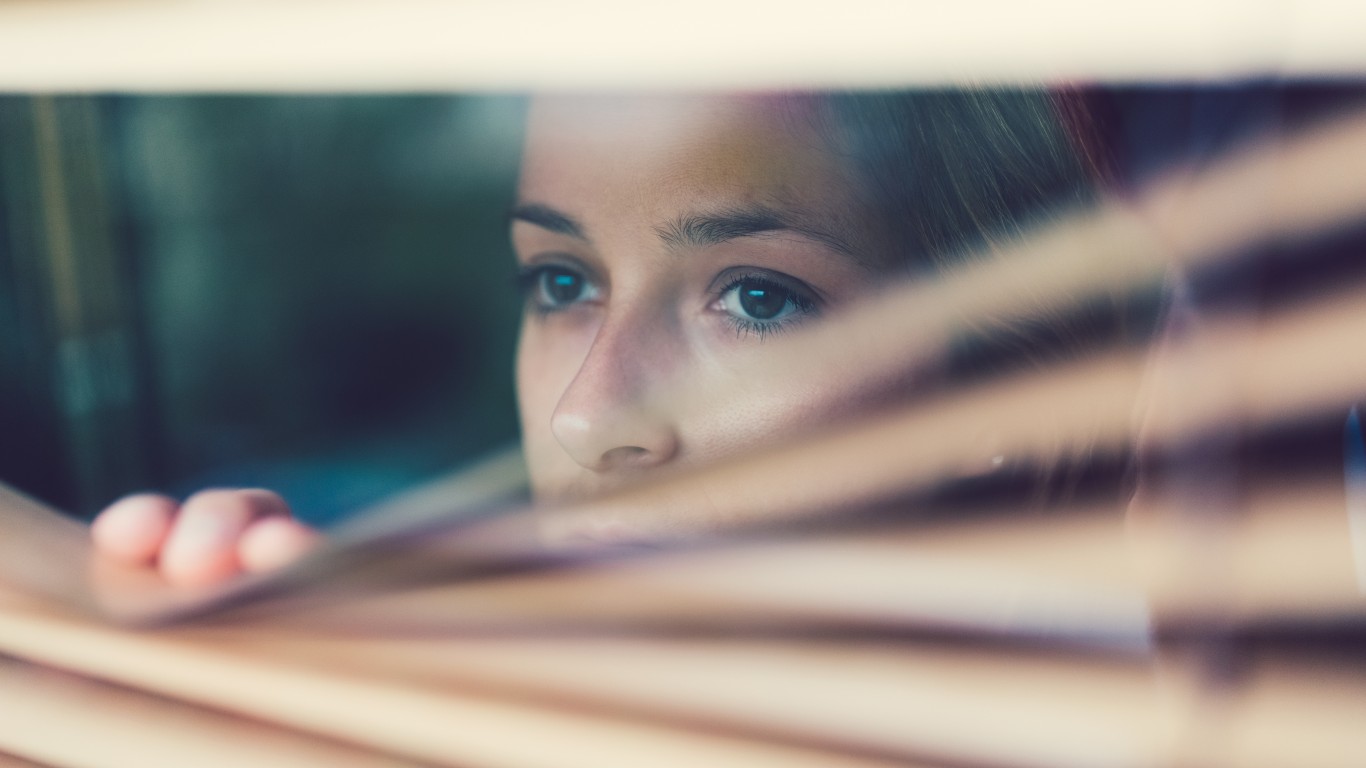
Phobias are fears gone wild, fears that provoke such severe anxiety that they become debilitating, interfering with a person’s ability to live a normal life. The word itself comes from the Greek “phóbos,” meaning fear or panic, and as many as one in 10 American adults (and two in 10 American teenagers) can be spurred into panic attacks by the presence or even the thought of certain objects, situations, or living things. (Speaking of fears, this is why people are scared to drive their cars.)
Some phobias are common. An estimated 12.5% of the nation’s population, for instance, suffers from claustrophobia, the fear of being confined in enclosed spaces. Acrophobia (fear of heights), arachnophobia (fear of spiders), and equinophobia (fear of horses) are also fairly widespread.
But some other phobias seem so strange – so unlikely – that it’s difficult to believe they’re real. Some seem to write their own punchline: What parent hasn’t at one point or another experienced ephebiphobia, the fear of teenagers? And what lexicographical joker decided that the fear of long words should be called hippopotomonstrosesquippedaliophobia?
Some “phobias” are indeed made up with humorous intent. The Oxford English Dictionary cites a reference, in 1824, to a 19th-century clean freak who “laboured under a perpetual dustophobia, and a comical disease it was.” The dictionary also cites “cyclophobia,” said to have been produced by the cycling craze back in 1896, and a 1902 reference to “L.C.C.-phobia [= dread of the London County Council].” (These are some popular slang words nobody uses anymore.)
Jokes aside, some unlikely-sounding phobias are genuine. There apparently really are people who are afraid of ducks (anatidaephobia), of paper (papyrophobia), and of the figure 8 (octophobia), among many other things – and for those afflicted, they’re no laughing matter.
Click here to see a list of the 20 strangest phobias
To assemble a list of 20 of the strangest phobias, 24/7 Tempo reviewed articles on the subject from websites including NHS, Johns Hopkins Medicine, Medical News Today, Healthline, MedicineNet, FearOf, TalkSpace, and Verywell Mind.

Alektorophobia
> Definition: Fear of chickens
[in-text-ad]

Anatidaephobia
> Definition: Fear of ducks

Barophobia
> Definition: Fear of gravity

Chromophobia
> Definition: Fear of colors
[in-text-ad-2]

Cibophobia
> Definition: Fear of food

Ephebiphobia
> Definition: Fear of teenagers
[in-text-ad]

Globophobia
> Definition: Fear of balloons

Hippopotomonstrosesquippedaliophobia
> Definition: Fear of long words

Koumpounophobia
> Definition: Fear of buttons
[in-text-ad-2]

Lepidopterophobia
> Definition: Fear of butterflies

Mageirocophobia
> Definition: Fear of cooking
[in-text-ad]

Octophobia
> Definition: Fear of the figure 8

Papyrophobia
> Definition: Fear of paper

Phobophobia
> Definition: Fear of fear
[in-text-ad-2]

Podophobia
> Definition: Fear of feet

Pogonophobia
> Definition: Fear of beards
[in-text-ad]

Porphyrophobia
> Definition: Fear of the color purple

Selenophobia
> Definition: Fear of the moon
[in-text-ad-2]

Trypophobia
> Definition: Fear of holes
Are You Ahead, or Behind on Retirement?
If you’re one of the over 4 Million Americans set to retire this year, you may want to pay attention. Many people have worked their whole lives preparing to retire without ever knowing the answer to the most important question: am I ahead, or behind on my goals?
Don’t make the same mistake. It’s an easy question to answer. A quick conversation with a financial advisor can help you unpack your savings, spending, and goals for your money. With Zoe Financial’s free matching tool, you can connect with trusted financial advisors in minutes.
Why wait? Click here to get started today!
Thank you for reading! Have some feedback for us?
Contact the 24/7 Wall St. editorial team.
 24/7 Wall St.
24/7 Wall St. 24/7 Wall St.
24/7 Wall St. 24/7 Wall St.
24/7 Wall St.
